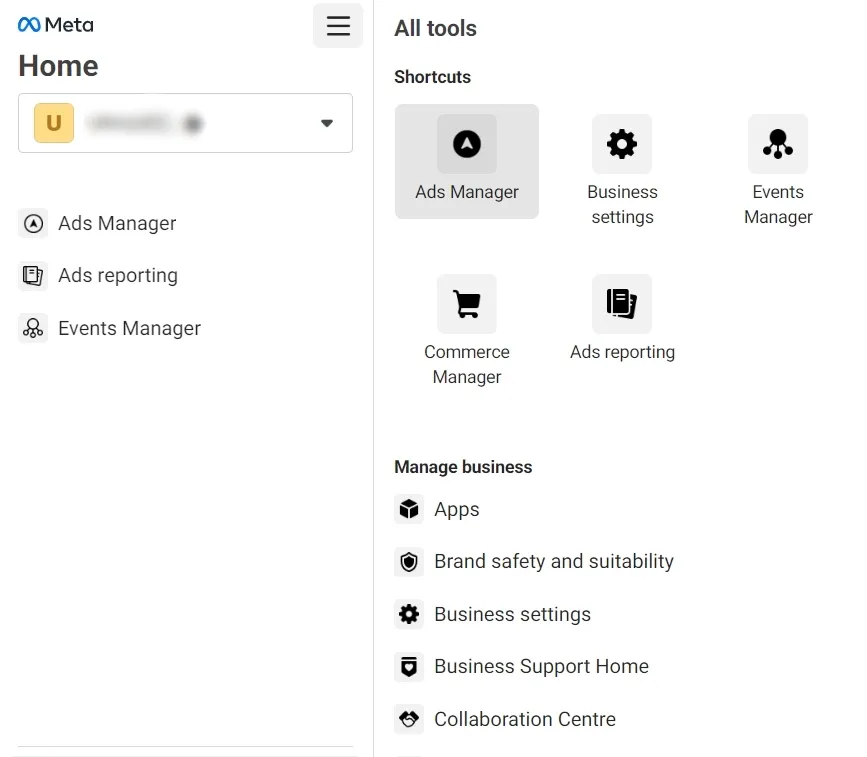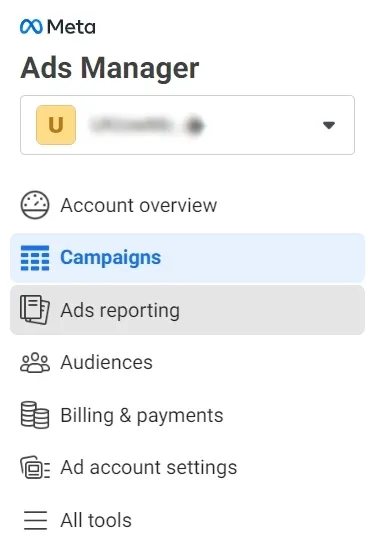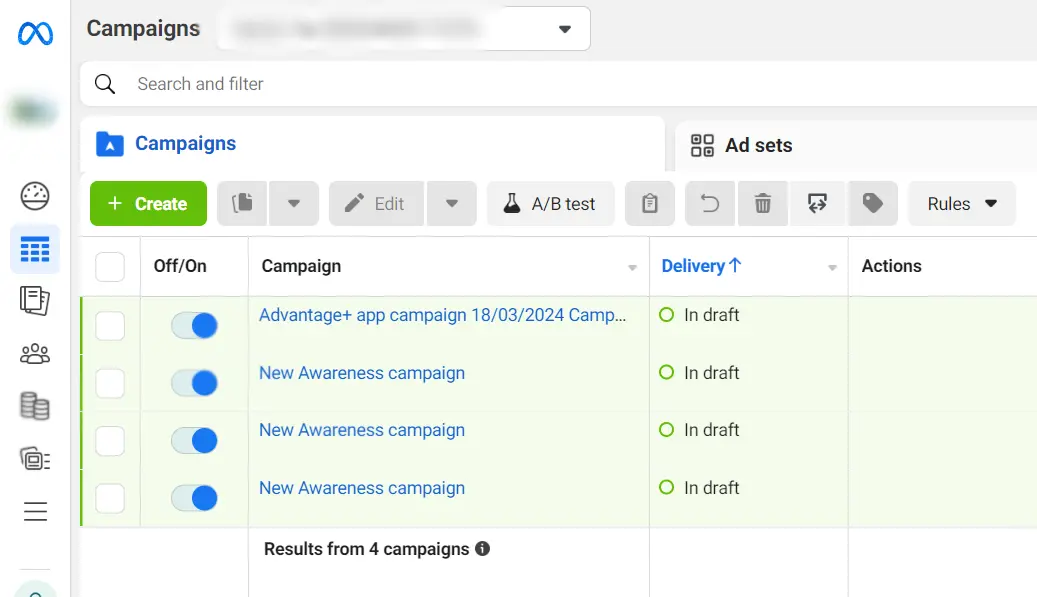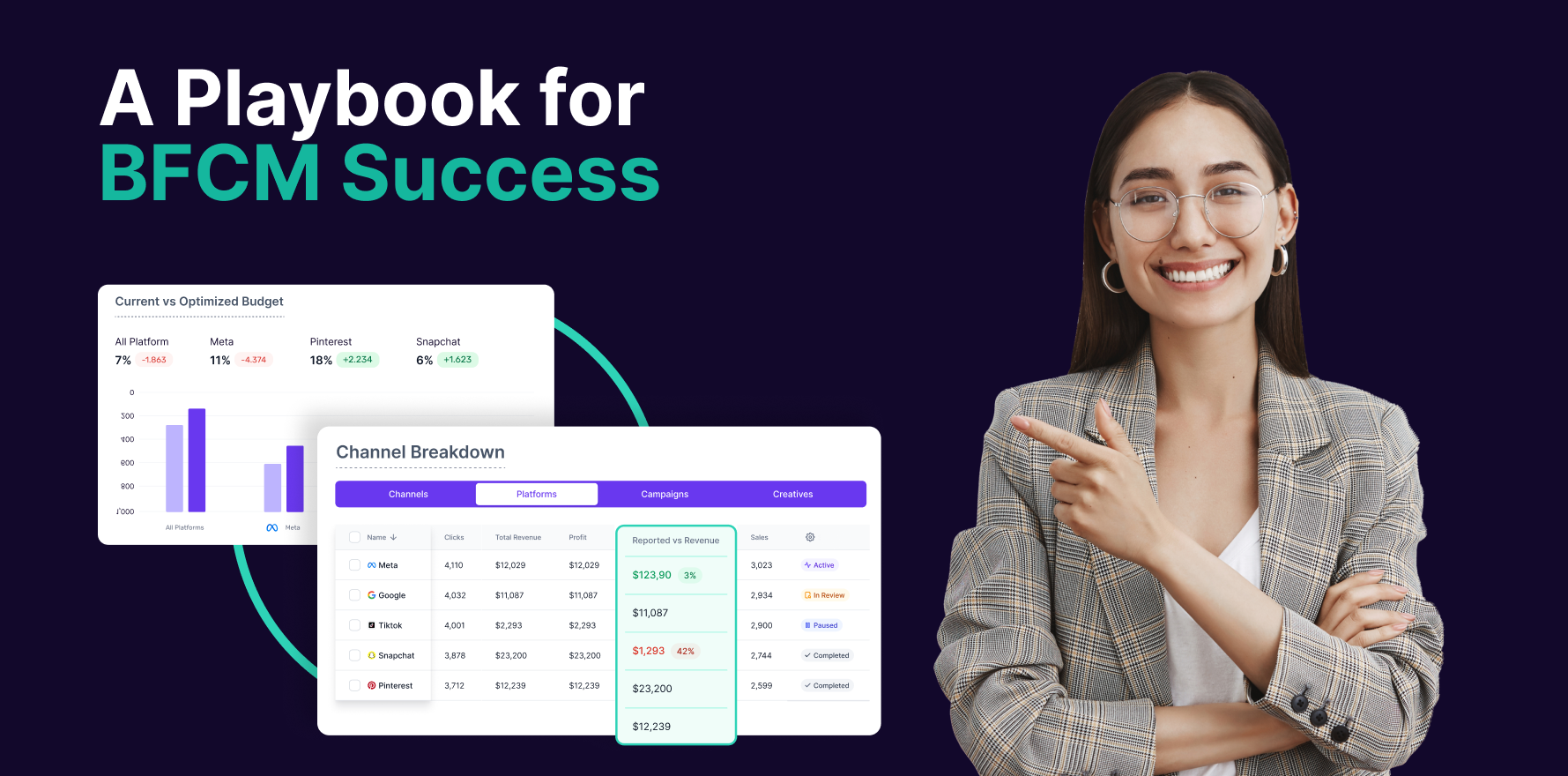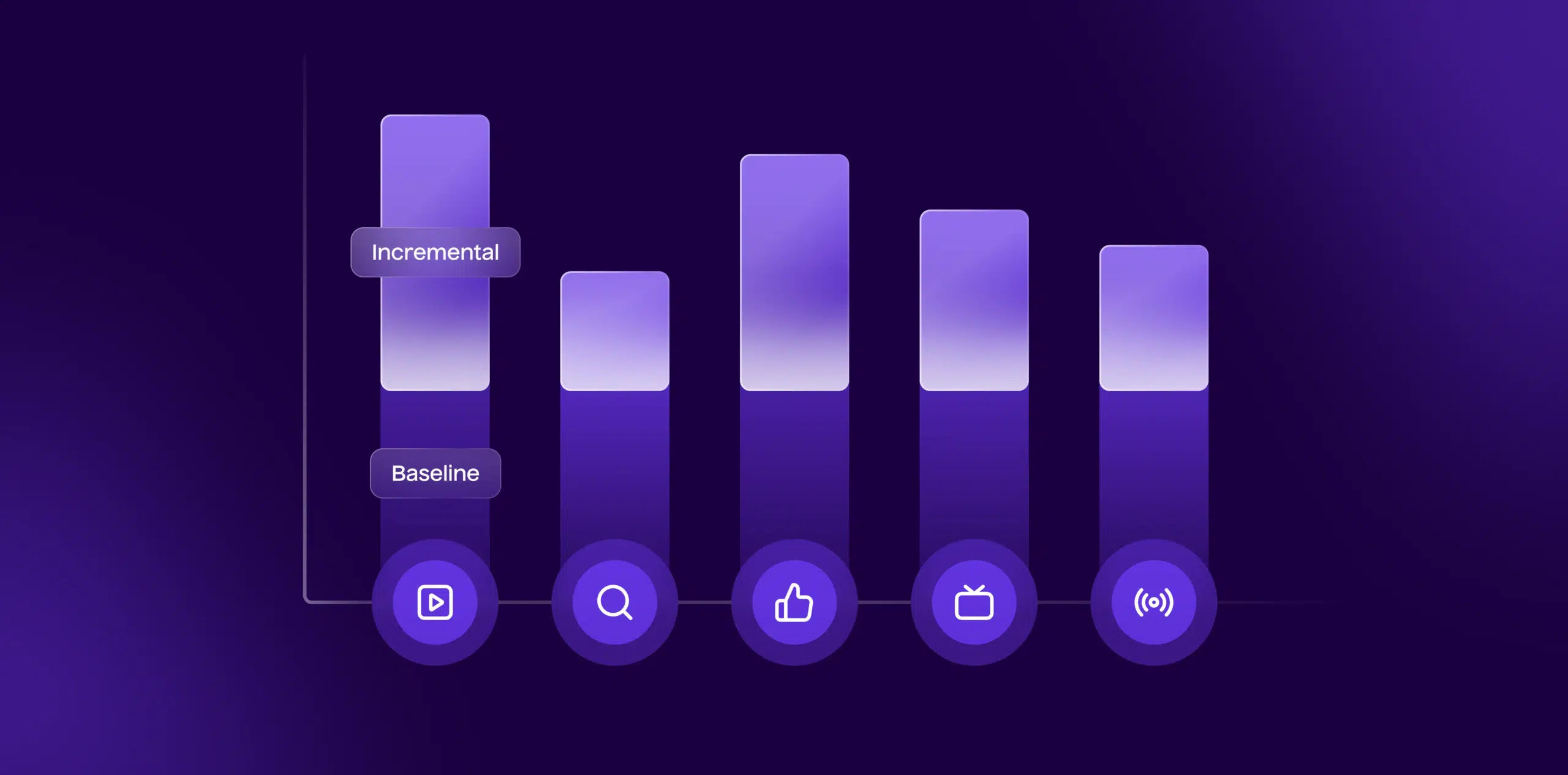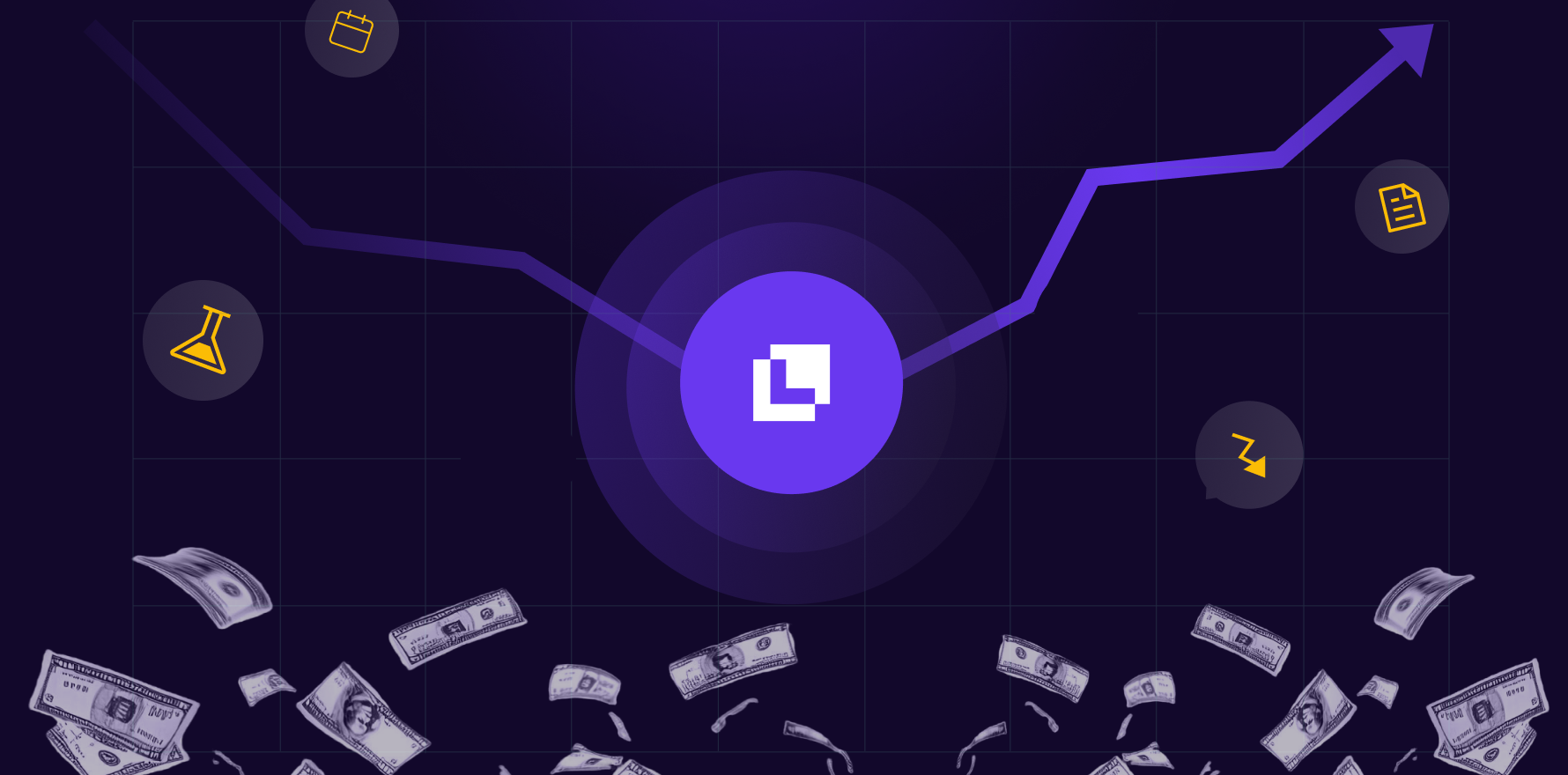
Introduction
Conversion rate is a crucial metric in digital advertising that measures the effectiveness of your marketing efforts in driving desired actions from your audience, such as making a purchase, signing up for a newsletter, or completing a form. Calculating conversion rate for Facebook Ads provides valuable insights into campaign performance and helps you optimize your ad strategy for better results. In this guide, we’ll walk through the step-by-step process of calculating conversion rate for Facebook Ads, empowering you to evaluate campaign effectiveness and make data-driven decisions to improve ROI.
Step 1: Define Your Conversion Event
Before calculating conversion rate, it’s essential to define the specific action you want users to take as a conversion event. This could be completing a purchase, filling out a lead form, downloading an ebook, or any other action that aligns with your campaign objectives.
Step 2: Set Up Conversion Tracking
To accurately measure conversions from your Facebook Ads, ensure that conversion tracking is properly set up. You can use Facebook Pixel or Conversion Tracking to track actions taken by users after clicking on your ads and attribute them to specific campaigns.
install-facebook-pixel
Step 3: Access Facebook Ads Manager
Log in to your Facebook Ads Manager account and navigate to the “Ads Manager” dashboard. This is where you’ll access campaign performance metrics and conversion data.
login-to-facebook-ads-manager
Step 4: Select the Campaign of Interest
Choose the Facebook Ads campaign for which you want to calculate conversion rate. Click on the campaign name to view detailed performance metrics.
Step 5: Navigate to “Ads Reporting” Section
Within the selected campaign, navigate to the “Ads Reporting” section to access detailed insights into ad performance, including conversion metrics.
navigate-to-ads-reporting-section-in-facebook-ads
Step 6: Customize Columns to Include Conversion Data
Customize the columns displayed in the ads reporting interface to include conversion data such as “Conversions,” “Conversion Rate,” and “Cost per Conversion.” This allows you to analyze conversion performance alongside other key metrics.
Step 7: Calculate Conversion Rate
To calculate conversion rate for Facebook Ads, divide the number of conversions by the total number of clicks generated by your ads, then multiply by 100 to express the result as a percentage. The formula is: Conversion Rate = (Conversions / Clicks) * 100.
Step 8: Interpret Conversion Rate Data
Once you’ve calculated conversion rate, interpret the data to understand campaign effectiveness. A higher conversion rate indicates that a larger percentage of users are taking the desired action after clicking on your ads, while a lower conversion rate may indicate areas for optimization.
Step 9: Analyze Factors Affecting Conversion Rate
Consider various factors that may impact conversion rate, such as ad creative, targeting criteria, ad placement, landing page experience, and offer relevance. Analyze these factors to identify opportunities for improving conversion performance.
Step 10: Optimize Ad Campaigns Based on Insights
Use insights gained from conversion rate analysis to optimize your Facebook Ads campaigns. Experiment with different ad creatives, audience targeting strategies, ad formats, and landing page designs to improve conversion rates and drive better results.
Step 11: Monitor Conversion Rate Over Time
Monitor conversion rate for your Facebook Ads campaigns regularly to track performance trends over time. Identify changes in conversion rate and investigate the factors contributing to these fluctuations to continuously optimize campaign performance.
Step 12: Test and Iterate
Implement A/B testing and experimentation to test different elements of your ad campaigns and landing pages. Iterate on your strategies based on test results to refine targeting, messaging, and offer presentation for higher conversion rates.
ab-test-ad-copy-in-facebook-ads
Summary
Calculating conversion rate for Facebook Ads is essential for evaluating campaign performance and optimizing advertising strategies for better results. By following these step-by-step guidelines and leveraging conversion rate data effectively, advertisers can make informed decisions to drive higher ROI and achieve their business objectives.
Free essential resources for success
Discover more from Lifesight
